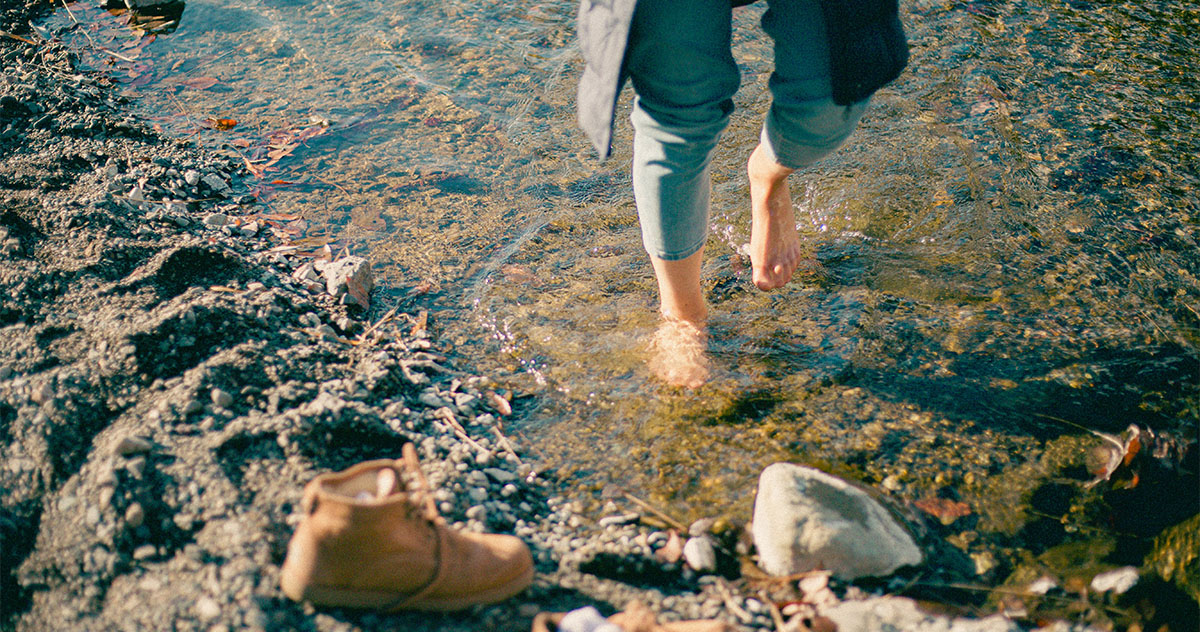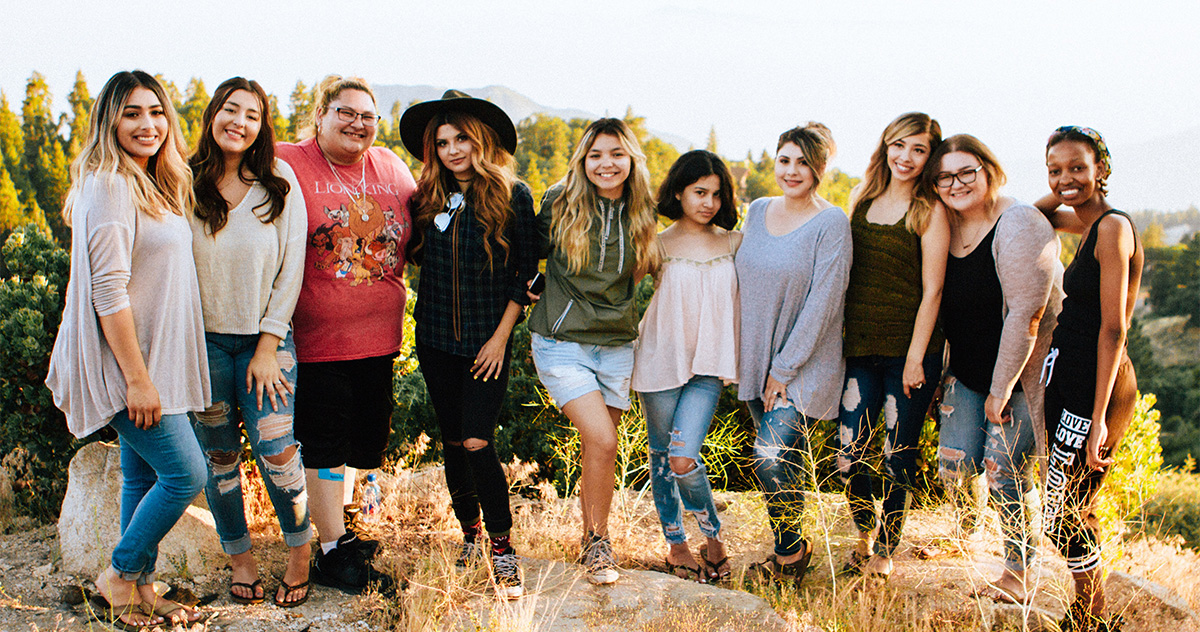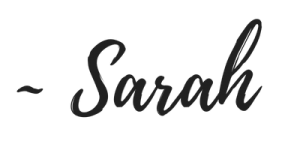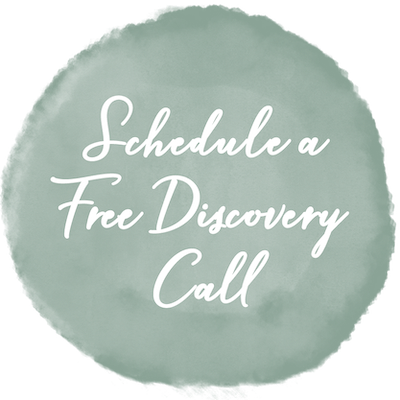Embodiment was a term I only learned about years after I recovered from my eating disorder. No one had ever mentioned it to me, I didn't enjoy yoga while in recovery (it's still not my favourite activity), and it was never focused on in the treatment centre that I attended. No attention was paid to how we actually felt in our bodies, more so just to how we thought about them.
For me, my only real experience of embodiment during my recovery journey, as I look back, was through meditation, and this was by bringing my awareness into my body and focusing on my heart, which felt like such a shift from continuously having all of my energy focused on my thoughts. And it was transformative for me.
Recently, I read a beautiful book by Hillary L. McBride called, ‘The Wisdom of Your Body’ and I so wish that I had had a book like this during the difficult years of my own recovery journey.
In this post, I thought I would write about embodiment and the role it can play in recovery, informed a lot by my readings of Hillary McBride’s.
For those of you who have had restorative yoga as part of your recovery journey, many of these ideas and concepts will likely not be new.

Understanding Embodiment as a Path to Healing
As Hillary writes about, embodiment is not just about having a body, but about being a body. Hillary describes embodiment as "the lived and felt experience of being a body", and how this experience is also shaped by our engagement with the social world around us. She talks about the importance of this for those in eating disorder recovery, to learn to reconnect with our bodies in a more compassionate and integrated way.
In her book, Hillary gives some wonderful suggestions for ways to begin to deepen our relationship with our bodily selves, such as:
- Dancing, whether alone or with others, choreographed or spontaneous.
- Self touch, where we begin and/or end our day by gently putting our hands on our chest, cheeks or neck and saying something kind to ourselves. She suggests we could think about how we would wake a child, and I love this. This practice also reminds me of the Supportive Touch practice that I’ve written about before by Kristin Neff.
- Apologizing to our body parts that receive criticism, especially when it's our own. An example script she gives is, “I’m so sorry I have done that to you. I’m so sorry we live in a context where anyone said you were bad. You don’t need to change, but how I think about and talk to you does.”
- Touch meditation.
- Sensation-based mindfulness.
- Body scans.
- Noticing ourselves in space.
And in her book, she walks through each of these practices, and much more.

Addressing Trauma Stored in Our Bodies
Hillary, like many others, writes about how our bodies store trauma and stress, and about the role of bodily memory in our experiences and reactions. She talks about the importance of recognizing and addressing these stored traumas, which is key to the embodiment journey.
In her book, some things she suggests for helping with this are:
- Engaging in therapy with someone who has advanced training in a body-based (or somatic) therapy designed to help get beneath thinking and to the parts of our system that store the trauma, such as: Eye Movement Desensitization and Reprocessing, Brainspotting, Observed and Experiential Integration, sensorimotor psychotherapies, neurofeedback, Accelerated and Experiential Dynamic Psychotherapy, Somatic Experiencing, Trauma Center Trauma-Sensitive Yoga and other trauma-informed movement and expressive therapies, Focusing-Oriented Therapy, Internal Family Systems, and Emotion-Focused Therapy.
- Making a grounding toolkit with items, practices, or resources that help you to feel grounded in the present (I recently wrote about some accessible grounding exercises that you could include).
- To make a voice recording of yourself saying what you need to hear when you’re feeling overwhelmed or triggered, and playing it back to yourself when you need it most.

Challenging Cultural and Societal Norms
Hillary writes about the need to undo systems that disconnect us from our bodies, such as patriarchal culture, colonization, and other oppressive frameworks. Especially related to eating disorder recovery but really for everyone who lives in this society, this also involves challenging the societal norms and expectations around body image and beauty standards.
In her book, Hillary includes some things to think about to help in this gradual, powerful dismantling, such as:
- Growing up, what bodies did you learn were “other”? Have you had one of the bodies that you learned was other? How do those ideas express themselves in your life?
- In what ways have you changed your posture, tone of voice, eye contact, or movement to make yourself less threatening to someone who has more social privilege than you? What did that cost you?
- What are barriers to examining the ways you have internalized messages about oppression and the body?
- If you have experienced identity-based oppression and marginalization, in which spaces have you found yourself more at ease? How can you better identify with and spend more time with your people?
Final Thoughts
I wish I had read Hillary’s book years ago. I did intuitively know that healing from my eating disorder could not come from behaviour change and intellectual reframing alone, that I had to connect with myself differently, find a way to become less of a disconnected head attached to a numb body. But I didn’t have any guidance or suggestions for how to do this.
If you are in the middle of the recovery journey, just starting out, or feel you are so close to being free but there is just something holding you back from feeling as at home in your body and as free as you want to feel, then embodiment work could be a wonderful path. I just saw that Hillary is coming out with a new book in January 2024 titled, 'Practices for Embodied Living: Experiencing the Wisdom of Your Body' and I can’t wait to read it, and to suggest it to everyone I know.
With so much love, hope and solidarity on this journey,

Support For Your Journey
If you feel you could use more support on your eating disorder recovery journey I would love to connect with you. Contact me to book a free video discovery call so that we can explore if working together would be a good fit. I would love to hear from you.











